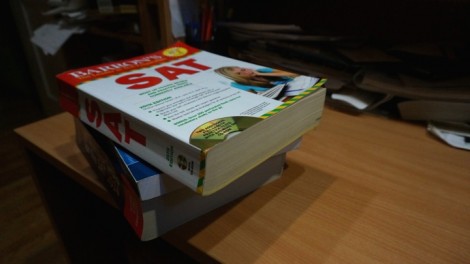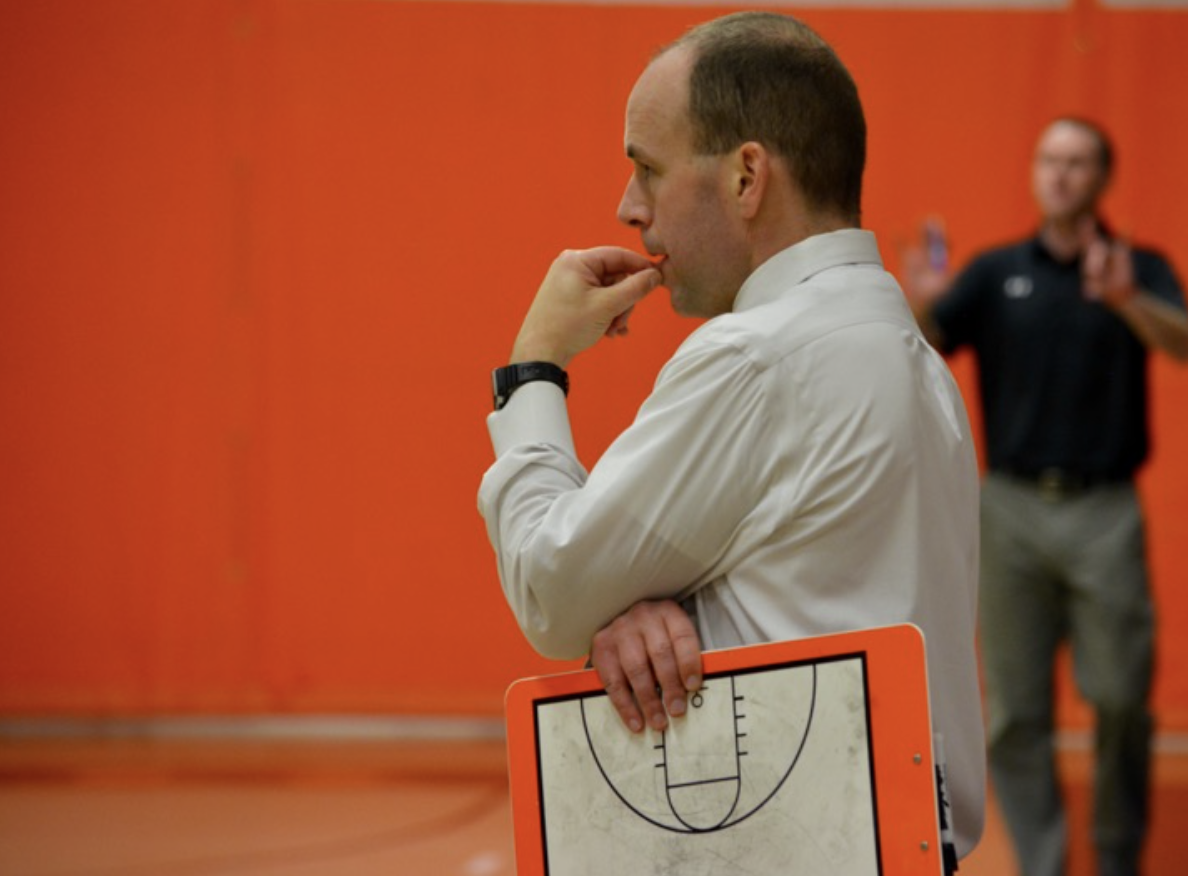
What’s the first thing that comes to mind when you think of junior year? For many students, it’s crystal clear: testing. With testing comes studying, but where do you start?
Juniors who plan to take standardized tests have two choices: the SAT or the ACT. Some, like junior Ben Dickstein, are planning to take both.
“The SAT is a lot more based on memorizing rules and finding tricks, while the ACT is much more being able to interpret data and come up with the right answer on the spot,” Dickstein said.
Comparing the two tests, Dickstein feels the ACT includes “things [he] would do in real life” and more accurately shows students’ capabilities.
“The SAT has evolved into a test that depends entirely on how much practice you put in rather than your actual academic capability,” Dickstein said.
To prepare, Dickstein previously took a course at the Chyten Test Preparation Center in Framingham. He found the resources and material they gave him helpful.
“I found all of the grammar rules, time efficiency and essay prep helpful,” Dickstein said. “I feel a lot better going into each test now.”
Likewise, junior Blessy Varghese is taking SAT prep classes as part of the Massachusetts Institute of Technology (MIT) Academic Teaching Initiative (ATI) SAT Prep program. It takes place every Sunday at MIT.
“After this, I’m going to take one-on-one [tutoring] if I need it,” Varghese said.
For now, she does about 20 minutes of work weekly in the SAT books provided by the program for homework. She finds the practice tests in the books most beneficial, checking her answers and looking at the explanations after taking each test.
Dickstein also utilizes SAT prep books to study, occasionally taking one of the practice tests in the back of the book.
“Practice is really the only way to get better at taking these kinds of standardized tests,” Dickstein said.
They both feel the Wayland High School curriculum additionally aids students in being ready for testing. Dickstein thinks the math and grammar lessons are helpful, and Varghese knows that the large amount of books read in English classes will help her.
Emotional preparation is also required by students. Even though Dickstein knows “it’s best to go into the test calm and confident,” he still usually feels nervous. For Varghese, the fact that colleges view and judge the resulting scores is what makes her anxious.
“I feel like it’s really stressful because it’s just this one test that you’re taught to do well in because it’s basically what the colleges look at,” Varghese said. “That itself is so stressful, just to think about how colleges are going to see that.”
Dickstein believes that standardized testing does not measure the whole of a student’s capability.
“Standardized tests can help distinguish certain students in some aspects, while other students are smart in different ways,” Dickstein said.





































